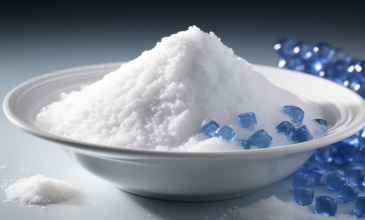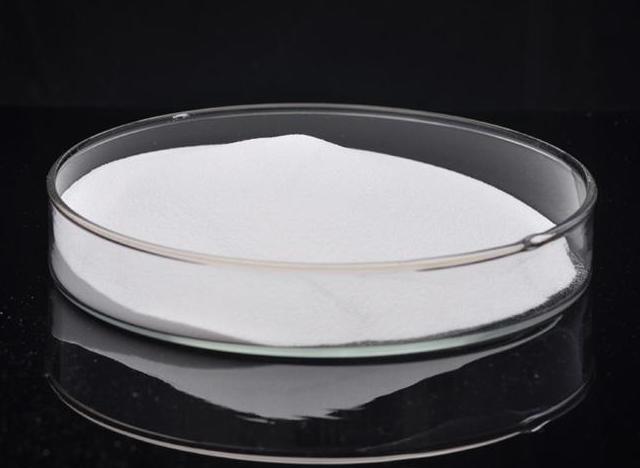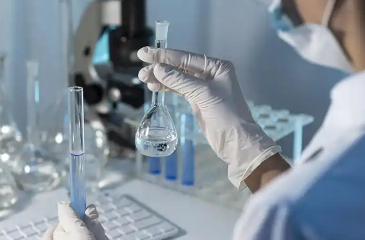Maximizing Product Quality: Butylated Hydroxytoluene in Industrial Food Processing
Did you realize that nearly one-third of the food produced worldwide is lost due to spoilage? A primary factor contributing to this alarming statistic is the oxidation of fats and oils, which can result in rancidity and diminished nutritional value. This is where Butylated Hydroxytoluene (BHT) emerges as a transformative solution within the realm of industrial food processing. Serving as a potent synthetic antioxidant, BHT plays an indispensable role in improving the shelf life and quality of processed foods, thereby ensuring that consumers enjoy fresher and more nutritionally rich products.

In the food sector, ensuring product quality is of utmost importance. By utilizing BHT, manufacturers can effectively counteract the oxidative deterioration that afflicts fatty substances. This action not only prevents undesirable odors and flavors from developing but also safeguards essential nutrients, leading to significant reductions in spoilage. The integration of BHT into food formulations diminishes waste and enhances consumer satisfaction, creating a win-win scenario for both producers and consumers alike.
Furthermore, the efficacy of BHT is not limited solely to prolonging shelf life. It also plays a vital role in preserving the color and texture of food products, rendering them visually enticing and palatable for consumers. The multifaceted function of BHT underscores its critical importance in the production of high-quality food items that endure the test of time.
BHT Regulations in Industrial Applications
Navigating the Complex Regulatory Landscape
Grasping the regulatory framework surrounding Butylated Hydroxytoluene is essential for manufacturers who wish to integrate this antioxidant into their offerings. Various regulatory authorities, including the FDA in the United States and the EFSA in Europe, have established comprehensive guidelines designed to ensure the safe application of BHT in both food and industrial sectors. These regulations typically specify permissible usage levels, labeling obligations, and safety evaluations that manufacturers must diligently follow.
Adhering to these regulations not only guarantees consumer safety but also bolsters brand reputation. Companies that prioritize compliance can distinguish themselves in a fiercely competitive market, appealing to health-conscious consumers who demand transparency regarding product formulations.

As the emphasis on sustainable practices continues to rise, regulatory agencies are increasingly scrutinizing the environmental impact of additives such as BHT. This shift encourages manufacturers to adopt eco-friendly practices that contribute to a more sustainable industrial landscape.
Implications for Food Manufacturers
For those engaged in food production, navigating BHT regulations may be intricate but ultimately rewarding. By remaining informed about evolving guidelines and actively collaborating with regulatory bodies, companies can ensure that their products adhere to safety standards while simultaneously optimizing formulation processes. This proactive stance not only mitigates the risk of regulatory violations but also fosters innovation within food processing methodologies.
Moreover, manufacturers can utilize compliance as a strategic marketing asset. By emphasizing adherence to safety regulations and the use of approved additives like BHT, they can resonate with consumers, thereby enhancing brand loyalty and trust.
Incorporating BHT into food formulations necessitates a strategic comprehension of its advantages as well as the regulatory landscape. By synchronizing product development with regulatory requirements, manufacturers can fully capitalize on the myriad benefits offered by this powerful antioxidant.
The Future of Butylated Hydroxytoluene in Sustainable Industrial Practices
Innovations Leading to Sustainable Practices
As industries worldwide strive for greater sustainability, the role of Butylated Hydroxytoluene is undergoing significant transformation. Innovations in production techniques and applications of BHT are paving the way for more sustainable practices across multiple sectors. For example, recent advancements in the synthesis of BHT focus on minimizing environmental impact, thereby contributing to a more environmentally responsible industrial ecosystem.

These innovations not only address pressing ecological concerns but also enhance the efficiency of BHT as an antioxidant. By refining production methods, manufacturers can generate high-quality BHT with a reduced carbon footprint, aligning with the growing consumer demand for eco-friendly solutions.
As more companies recognize the imperative of sustainability, BHT is becoming a central topic in discussions about responsible sourcing and usage. This trend reflects a broader commitment to environmentally conscious practices, shaping the future landscape of the chemical industry.
BHT’s Role in the Circular Economy
The concept of a circular economy centers on minimizing waste while maximizing resource efficiency. In this framework, BHT can play a crucial role by extending the shelf life of products, which in turn helps reduce food waste and supports sustainability efforts. As manufacturers increasingly adopt the principles of a circular economy, the demand for effective preservatives such as BHT is likely to surge.
Additionally, BHT’s adaptability across various applications—from food products to cosmetics and pharmaceuticals—positions it as an invaluable resource for fostering sustainable product life cycles. Companies that incorporate BHT into their formulations not only improve product quality but also contribute to a more sustainable future.
Rising Consumer Awareness and Market Trends
Growing consumer awareness regarding sustainability is significantly influencing market trends, prompting many individuals to actively seek products that emphasize environmentally friendly practices. Consequently, manufacturers are reassessing their ingredient selections, with BHT emerging as a favored option due to its proven efficacy and potential for sustainable applications.
Engaging consumers in discussions about the advantages of BHT and its role in waste reduction can bolster brand loyalty. Transparency in ingredient sourcing and adherence to safety regulations can further enhance consumer trust and willingness to select products containing BHT.
Conclusion: The Multifaceted Role of BHT
In conclusion, Butylated Hydroxytoluene is an exceptional compound that has proven indispensable across various industrial applications, particularly within the food processing sector. Its antioxidant properties not only improve product quality but also extend shelf life, thereby contributing to waste reduction and increased consumer satisfaction. As regulatory frameworks evolve and the emphasis on sustainability intensifies, BHT’s significance will continue to grow, solidifying its role as a valuable ingredient in contemporary formulations.
Prominent producers like UniVOOK Chemical are leading the charge in this innovation, offering high-quality BHT that adheres to industry standards while prioritizing safety and sustainability. By harnessing the advantages of Butylated Hydroxytoluene, manufacturers can enhance their products, comply with regulatory requirements, and meet consumer demands for sustainable practices, ultimately paving the way for a more sustainable future.
Access Our Product Catalog and More to Discover High-Performance Chemicals Tailored to Your Business Needs




